Last June 1, the periodic technical discussion held between the Albirex Niigata Methodology Director and the Academy coaches had a special guest: Carles Romagosa, technical director of Thailand FA and co-author of the Ekkono Method.
The main topic of the discussion was “How to help young footballers to be professionals?” and it was attended by both the academy coaches and women's team coaches, who showed big interest and asked some great questions.
During the session, Carles remembered all good memories he has after his almost 10 visits to Japan where he worked with players and coaches, and highlighted the huge leap in quality that Japanese youth and professional football has recently taken.
Uchida Jun, Albirex Niigata’s Academy Director said: “We would like to express our sincere appreciation to Ekkono for providing us with this education opportunity. I strongly believe that being a good leader is essential to develop good players, and this is why we use technical discussions as a “learning place” to continue learning."
On the next lines, you can find some of the questions that Carles answered during the session:
Question: When deciding how many minutes of game to give players in official competitions, what is the balance between competing and learning in the U18 category?
Answer: In the Youth category it is important to give all players opportunities, but as we are in the pre-professional football stage, it is also important to make future players play for longer.
Question: Broadly speaking, which different concepts do you have to train in Junior, Junior Youth and Youth categories?
Answer: Players understand the game differently based on their age. Therefore, we must train different things according to their age. In Junior category it is important to train concepts more related with the player’s relationship with the ball, in Junior Youth category the concepts which should be trained are those that help the players to manage the spaces so that the possessor and non-possessors have an advantage, and in Youth category, collective fundamentals are essential to be understood.
Question: Based on your experience training and scouting young talents, which types of young players are the most likely to be professionals?
Answer: In general, among the most talented players, the ones who are most likely to be professionals are those who pay attention to the small details. This means that you need talent, plus effort in training, plus taking care of the external aspects of training. From club’s vison, it is important that we also guide families to educate them in those external aspects that are important for the player.
Question: What percentage of freedom in the game should be given to U12 players?
Answer: A very important aspect in these ages is having fun. It is important not to confuse fun with giving freedom to play as the players want, because talented players have the most fun when the team plays well, not when everyone plays the way they want.
Question: At what point do you propose to set player’s position?Answer: It is important not to do it too early and to experiment in various positions. In clubs where an associative style of play is played, it usually happens those players who as children played in advanced positions, at the end of their Initiation Stage or at the beginning of their Professional Stage, end up playing in more backward positions. For example, Jordi Alba when he was U14 he played as a midfielder and Sergio Busquets when he played at Barça B with Guardiola, he played some matches as Advanced Midfielder.


JAPAN

FRANCE
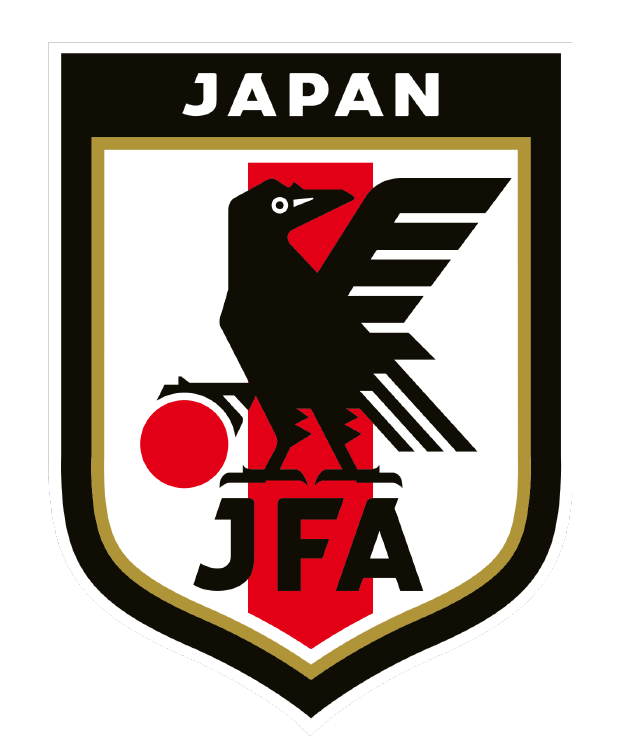

SWEEDEN

CHILE


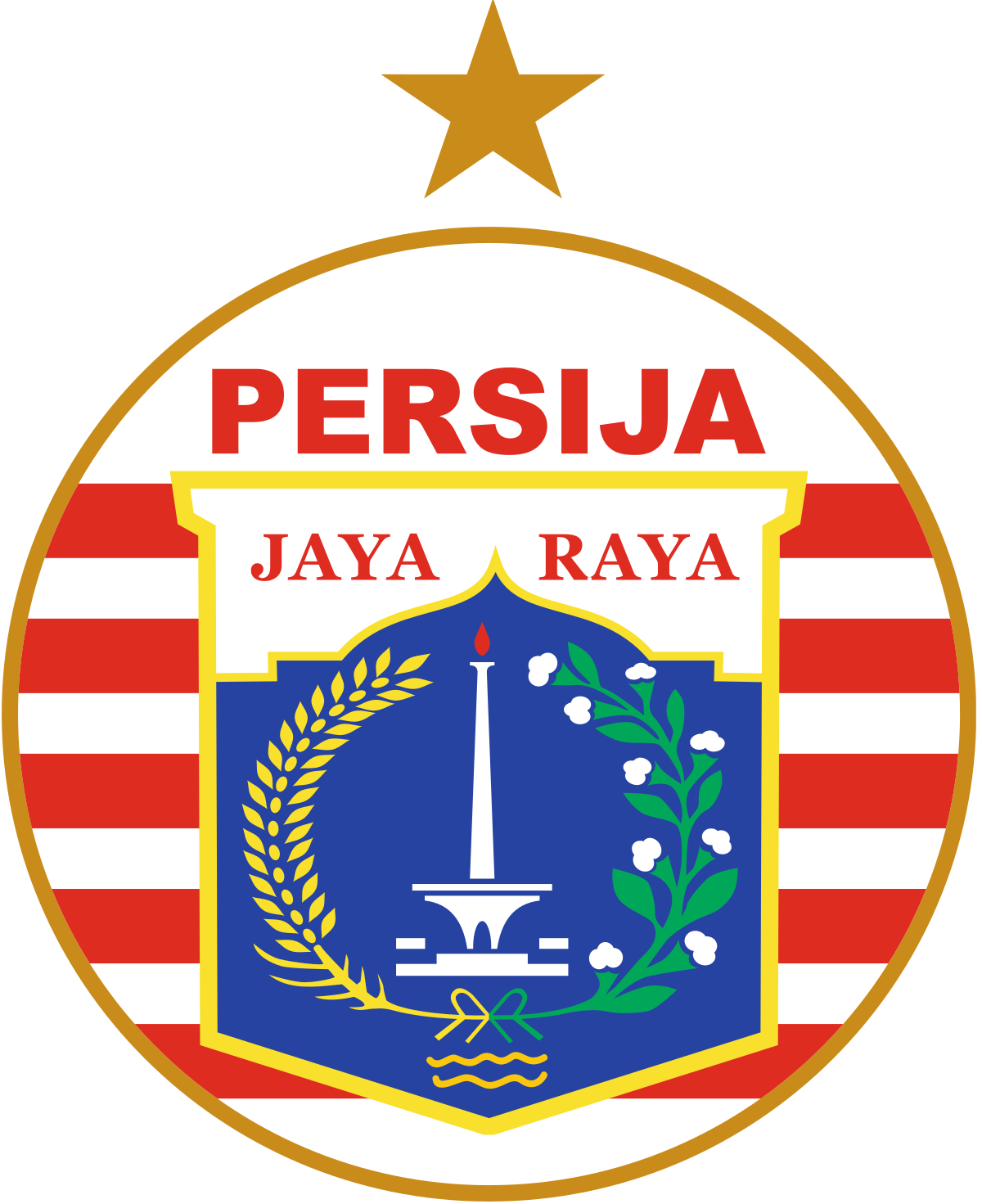
INDONESIA

SPAIN


FINLAND
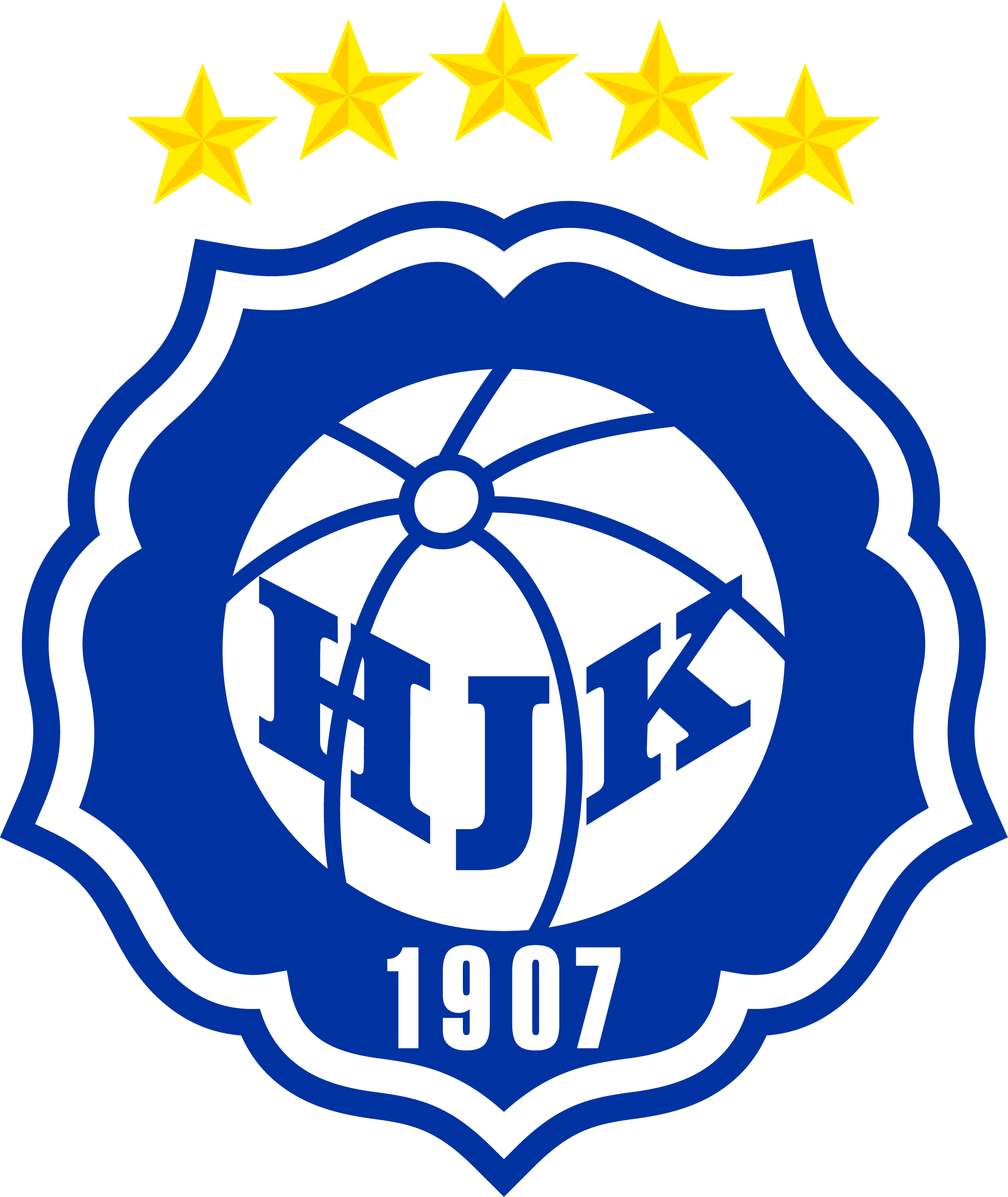
FINLAND
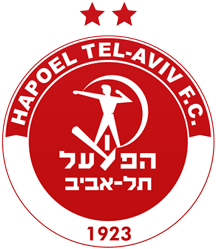
ISRAEL
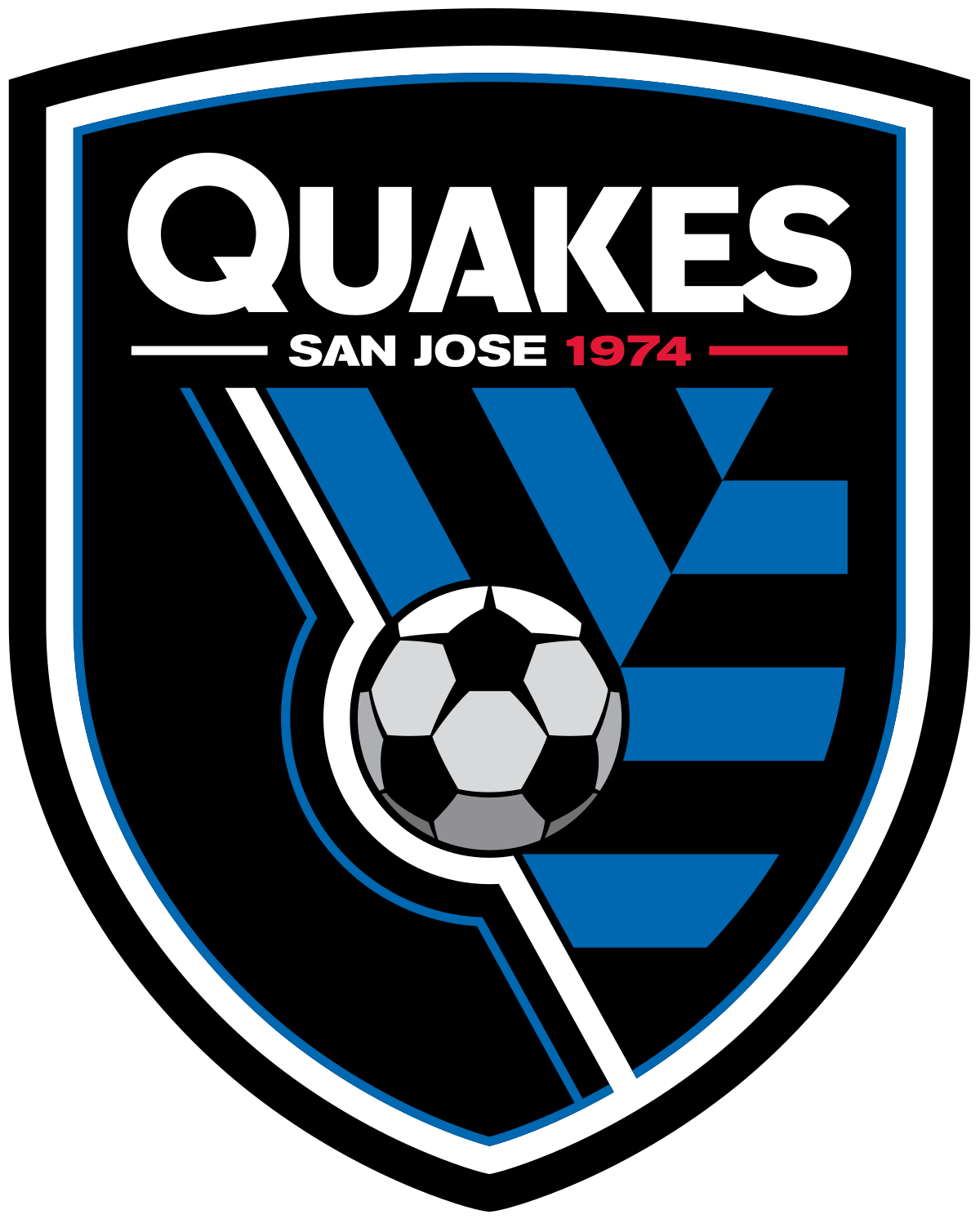
USA
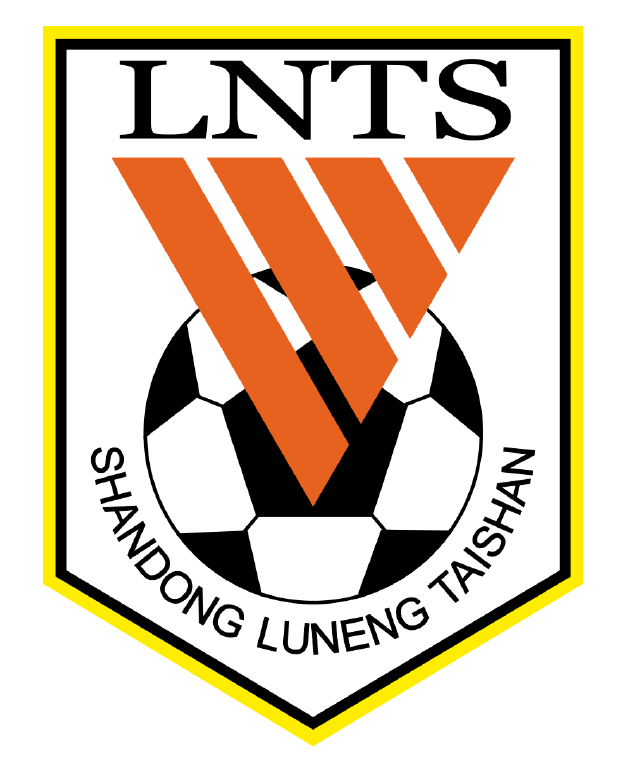
CHINA
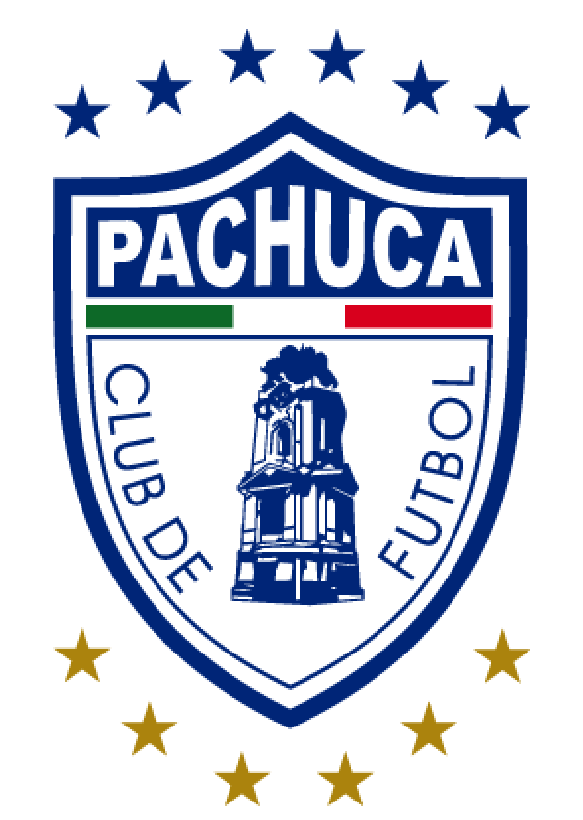
MEXICO
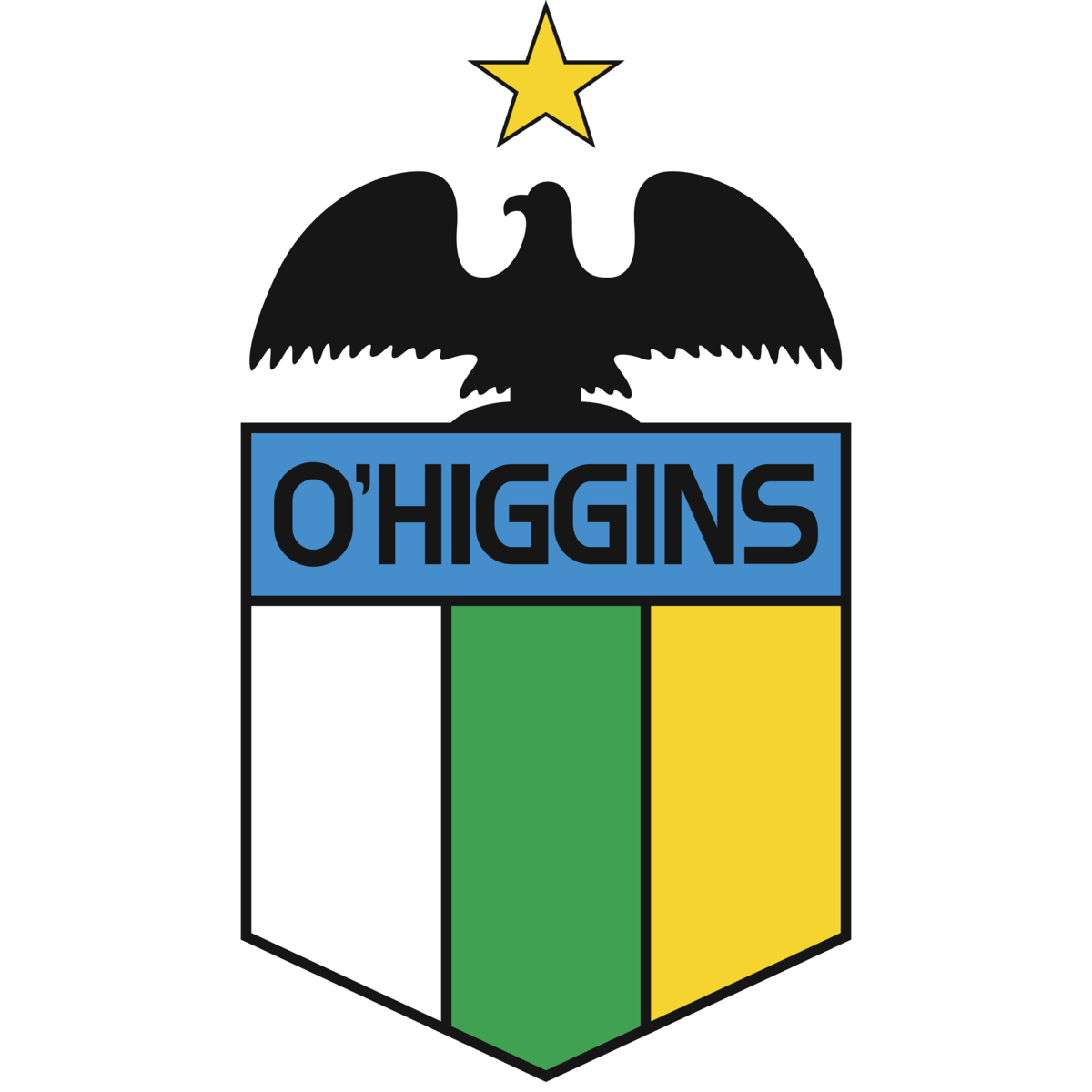
CHILE
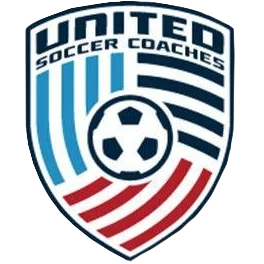
USA

SWEDEN
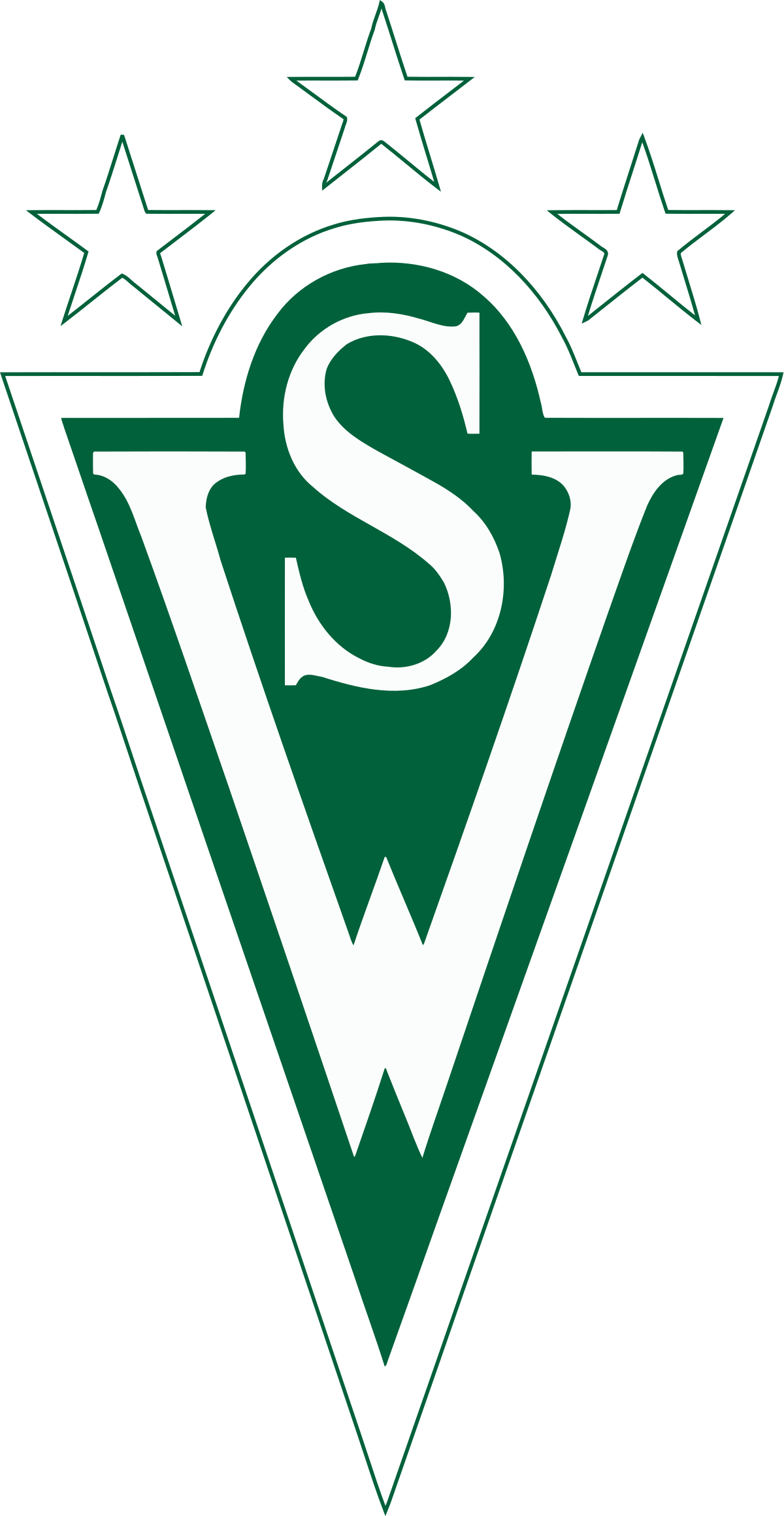
CHILE
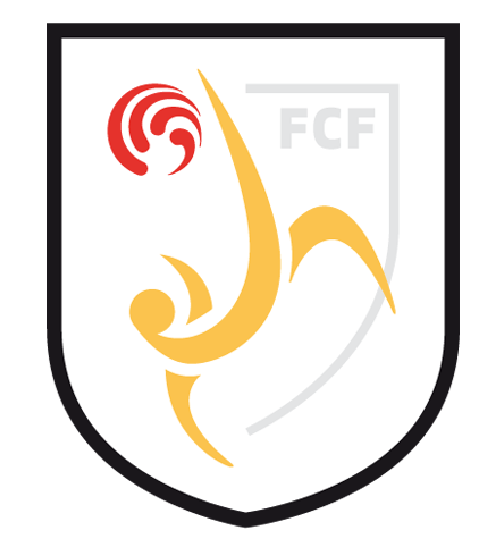

SWEDEN

POLAND




